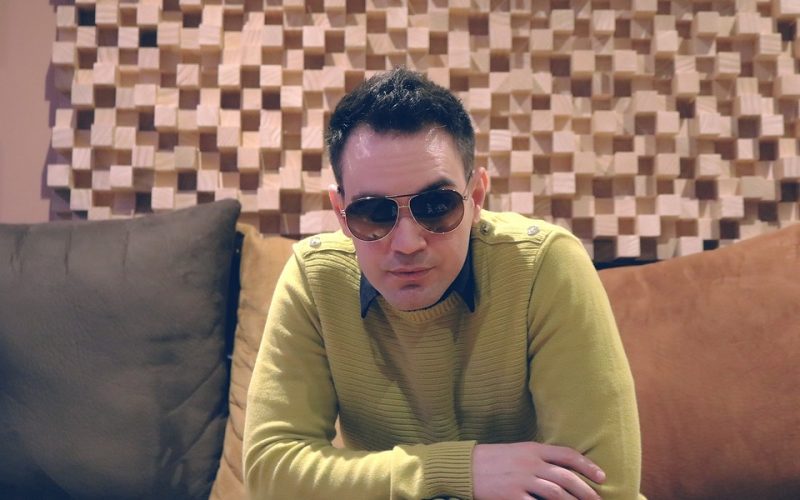Becoming a Widow
Becoming a widow is an unenviable and life-changing experience. No one expects to find themselves in this situation, but sometimes it happens despite our best efforts. It can be overwhelming to grieve the loss of your partner while having to make all the practical and emotional adjustments that come with becoming a widow—especially if you have children or other dependents looking up to you for support. Although there's no "right" way to handle such a difficult transition, I want share my story about how I successfully moved forward after being widowed and provide some helpful advice based on my own experiences so that other people going through what I did don't feel so alone during this trying time in their lives.
Understanding your grief
The overwhelming sensation of losing a partner can feel unbearable. The all-encompassing wave of grief can be a complex emotion that is difficult to articulate, but it is important to recognise and honour this feeling. Grief is a natural response to loss, and it is okay to feel a range of emotions during this time. It can be difficult to navigate the different stages of grief, but it is important to take the time to understand and process each emotion.
Remember, everyone grieves differently, so don't compare yourself to others or judge your own feelings. The most important thing is to take care of yourself and seek support from loved ones or a professional if needed.
Building a supportive network
We all face different forms of grief throughout our lives, whether it be the loss of a loved one, a job, or even a relationship. However, battling through these tough moments alone can make it even harder to cope. This is why building a supportive network of friends and family members is so important. By reaching out to those closest to us in our times of need, we can share our burdens and feel a sense of comfort and support.
Not only does this provide us with a shoulder to cry on, but it can also help us to gain a fresh perspective on our situation and find new ways to move forward.
Taking care of yourself emotionally and physically
The loss of a partner is undoubtedly one of life's most challenging experiences. The grief and heartache that accompany widowhood can be overwhelming, leaving little room for anything else. But it's crucial to remember that taking care of yourself emotionally and physically during this time is essential for your well-being. Self-care is more than just taking a bubble bath or eating your favourite comfort food. It's about taking the time to be kind to yourself, doing things that nurture your body and soul.
Whether it's taking a walk in nature, joining a support group, or seeing a therapist, finding ways to manage stress and embrace self-care can help during the difficult transition to life without your partner.
Managing financial decisions
Managing finances can be overwhelming, and when it's coupled with the difficult emotions of losing a spouse, it's understandable that financial decision-making can get even harder. As a widower, you may be tasked with taking over all the financial responsibilities and navigating complex decisions alone. It's important to understand that there's no one-size-fits-all approach to managing finances, and it can take time to figure out the best way to handle your unique situation.
However, by taking proactive steps such as creating a budget, seeking professional guidance, and educating yourself on financial matters, you can gain confidence and find a path forward. Remember, you don't have to go through this journey alone. You can lean on trusted friends and family for support and connect with others who have gone through a similar experience.
Creating new memories
After losing a loved one, it can be difficult to know how to celebrate their life while also moving forward. One way to honour their memory is to create new traditions that incorporate their favourite things. It could be as simple as cooking their favourite meal on their birthday, or taking an annual trip to their favourite place. These new traditions can serve as a way to keep their memory alive and offer comfort during special occasions.
It's important to also remember that it's okay to feel sadness and grief, and creating new memories doesn't erase the love and memories you already shared with your loved one. Rather, it's a way to honour their life and keep their spirit with you in new and meaningful ways.






















